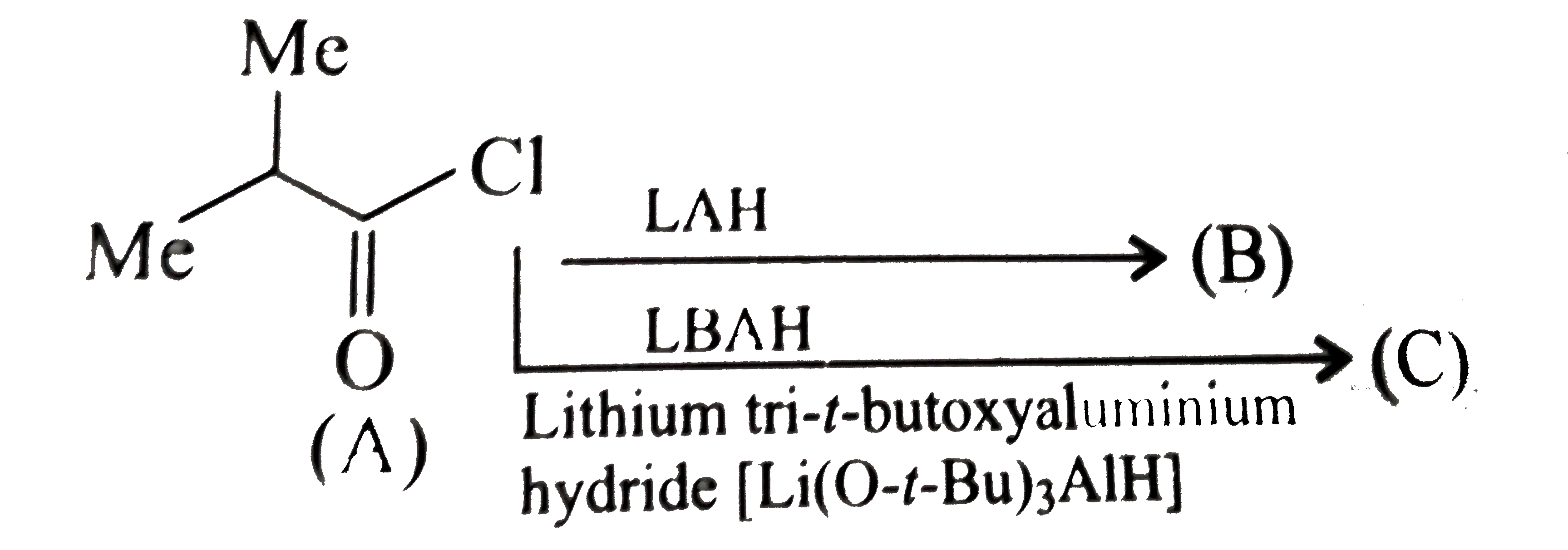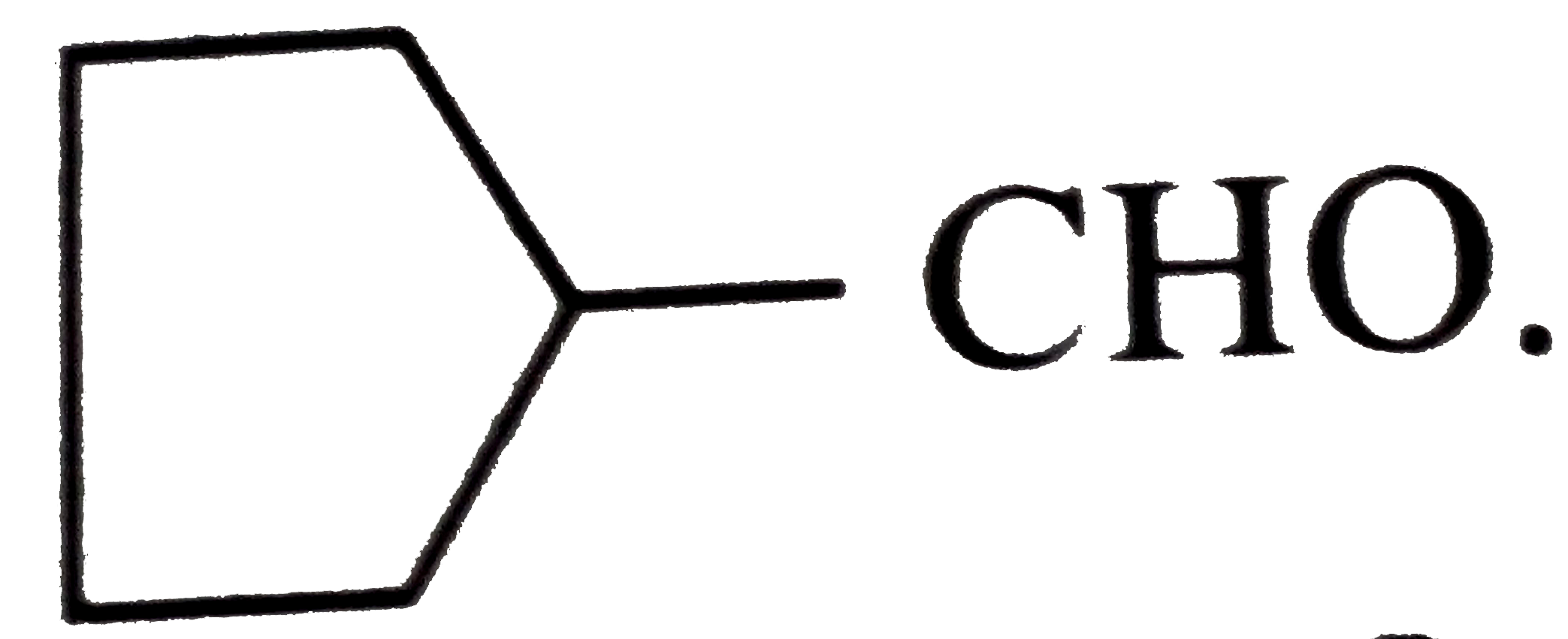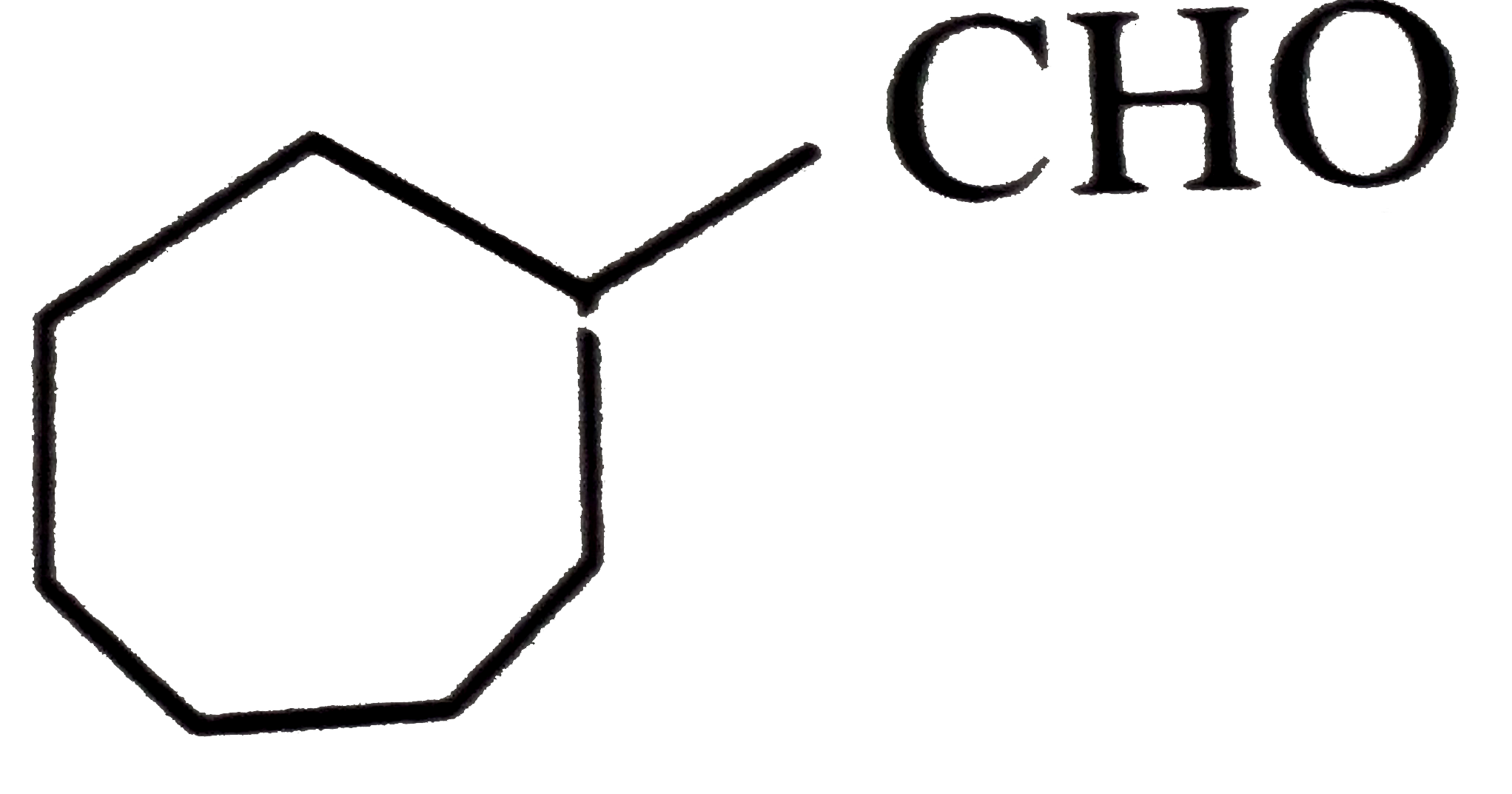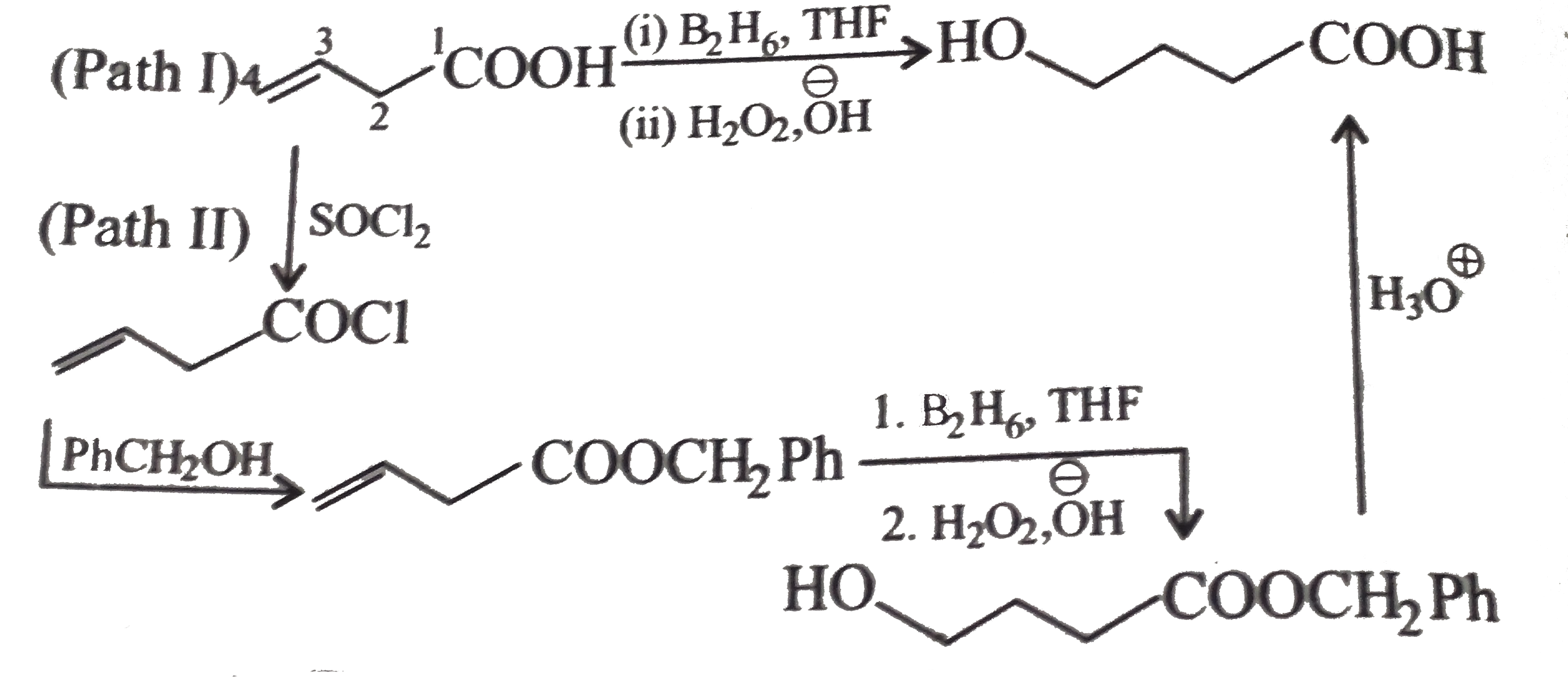Which of the following statements are correct about the modes of excretion ?
All bony fishes are ammonotelic.
Aquatic mammals are ureotelic
Insects such as cockroach are ammonotelic.
Tadpole of frog is ureotelic
The correct Answer is:B
To solve the question regarding the modes of excretion, we need to analyze each statement provided in the options carefully.
1. Understanding Modes of Excretion:
- Excretion is the process by which waste products are eliminated from the body. Different organisms have different modes of excretion based on their habitat and physiology.
2. Analyzing Each Statement:
- Statement 1: "All bony fishes are ammonotelic."
- This statement is incorrect. While many bony fishes excrete ammonia (ammonotelic), freshwater bony fishes primarily excrete ammonia, but not all bony fishes do. Some, like certain marine bony fishes, may excrete urea.
- Statement 2: "Aquatic mammals are ureotelic."
- This statement is correct. Aquatic mammals, such as whales and dolphins, excrete urea as their primary nitrogenous waste, making them ureotelic.
- Statement 3: "Insects such as Cockroach are ammonotelic."
- This statement is incorrect. Cockroaches and most insects are uricotelic, meaning they excrete uric acid, which conserves water.
- Statement 4: "Tadpole of frog is ureotelic."
- This statement is incorrect. Tadpoles primarily excrete ammonia, making them ammonotelic. As they mature into adult frogs, their mode of excretion changes to ureotelic.
3. Conclusion:
- The only correct statement among the options provided is the second one: "Aquatic mammals are ureotelic."
Final Answer:
- The correct statement about the modes of excretion is: Aquatic mammals are ureotelic.
- Excretion is the process by which waste products are eliminated from the body. Different organisms have different modes of excretion based on their habitat and physiology.
- Statement 1: "All bony fishes are ammonotelic."
- This statement is incorrect. While many bony fishes excrete ammonia (ammonotelic), freshwater bony fishes primarily excrete ammonia, but not all bony fishes do. Some, like certain marine bony fishes, may excrete urea.
- Statement 2: "Aquatic mammals are ureotelic."
- This statement is correct. Aquatic mammals, such as whales and dolphins, excrete urea as their primary nitrogenous waste, making them ureotelic.
- Statement 3: "Insects such as Cockroach are ammonotelic."
- This statement is incorrect. Cockroaches and most insects are uricotelic, meaning they excrete uric acid, which conserves water.
- Statement 4: "Tadpole of frog is ureotelic."
- This statement is incorrect. Tadpoles primarily excrete ammonia, making them ammonotelic. As they mature into adult frogs, their mode of excretion changes to ureotelic.
- The only correct statement among the options provided is the second one: "Aquatic mammals are ureotelic."
- The correct statement about the modes of excretion is: Aquatic mammals are ureotelic.
Topper's Solved these Questions
Similar Questions
Knowledge Check
Which of the following statements are correct about HCOOH
AIt is a stronger acid than CH3COOHBIt forms formyl chloride with PCl5CIt gives CO and H2O on heating with conc. H2SO4DIt reduces Tollens' reagent.Which of the following statements are correct about the following reaction ?
 AThe products (B) and (C ), respectively, are: Me2CHCH2OH and Me2CHCHO.BThe products (B) and (C ), respectively, are: Me2CHCH2OH and Me2CHCHO.CLBAH is more reactive reducing agent than LAH.DLBAH is less reactive reducing agent than LAH.
AThe products (B) and (C ), respectively, are: Me2CHCH2OH and Me2CHCHO.BThe products (B) and (C ), respectively, are: Me2CHCH2OH and Me2CHCHO.CLBAH is more reactive reducing agent than LAH.DLBAH is less reactive reducing agent than LAH.Which of the following statements are correct about the following reaction
 AIn the formation of (C ) from (A) or (B), expansion of ring takes place.BIn the formation of (C ) from (A) or (B), contraction of ring takes place.CProduct (C ) is
AIn the formation of (C ) from (A) or (B), expansion of ring takes place.BIn the formation of (C ) from (A) or (B), contraction of ring takes place.CProduct (C ) is DProduct (C ) is
DProduct (C ) is
Which of the following statements are correct about the mechanism of this reaction ?
View SolutionWhich of the following statements are correct about the mechanism of this reaction ?
View SolutionWhich of the following statement is correct about sulphur
View SolutionWhich of the following statements are correct about this reaction?
View SolutionWhich of the following statements are correct about the kinetics of this reaction ?
View Solution

 .
.